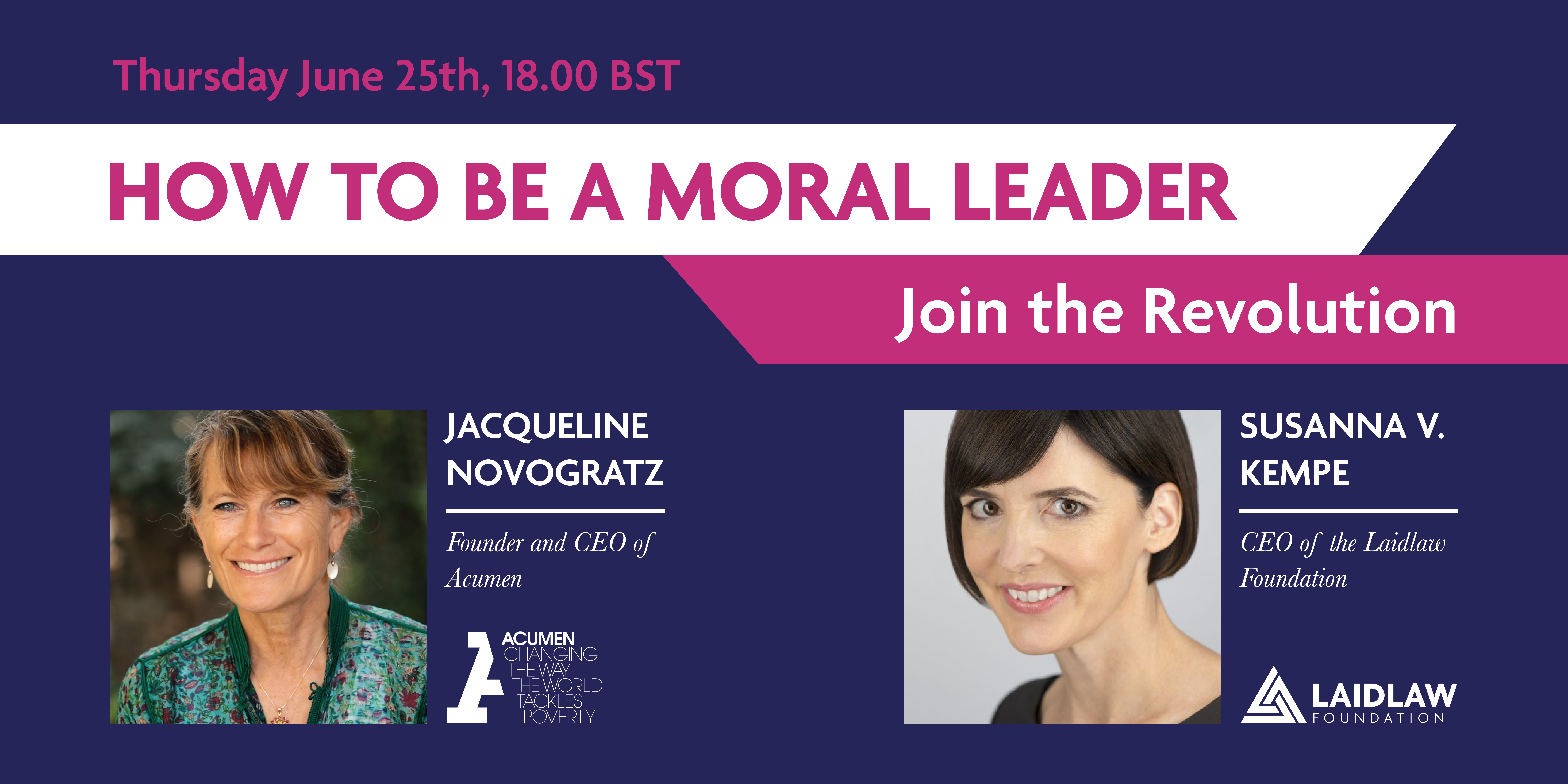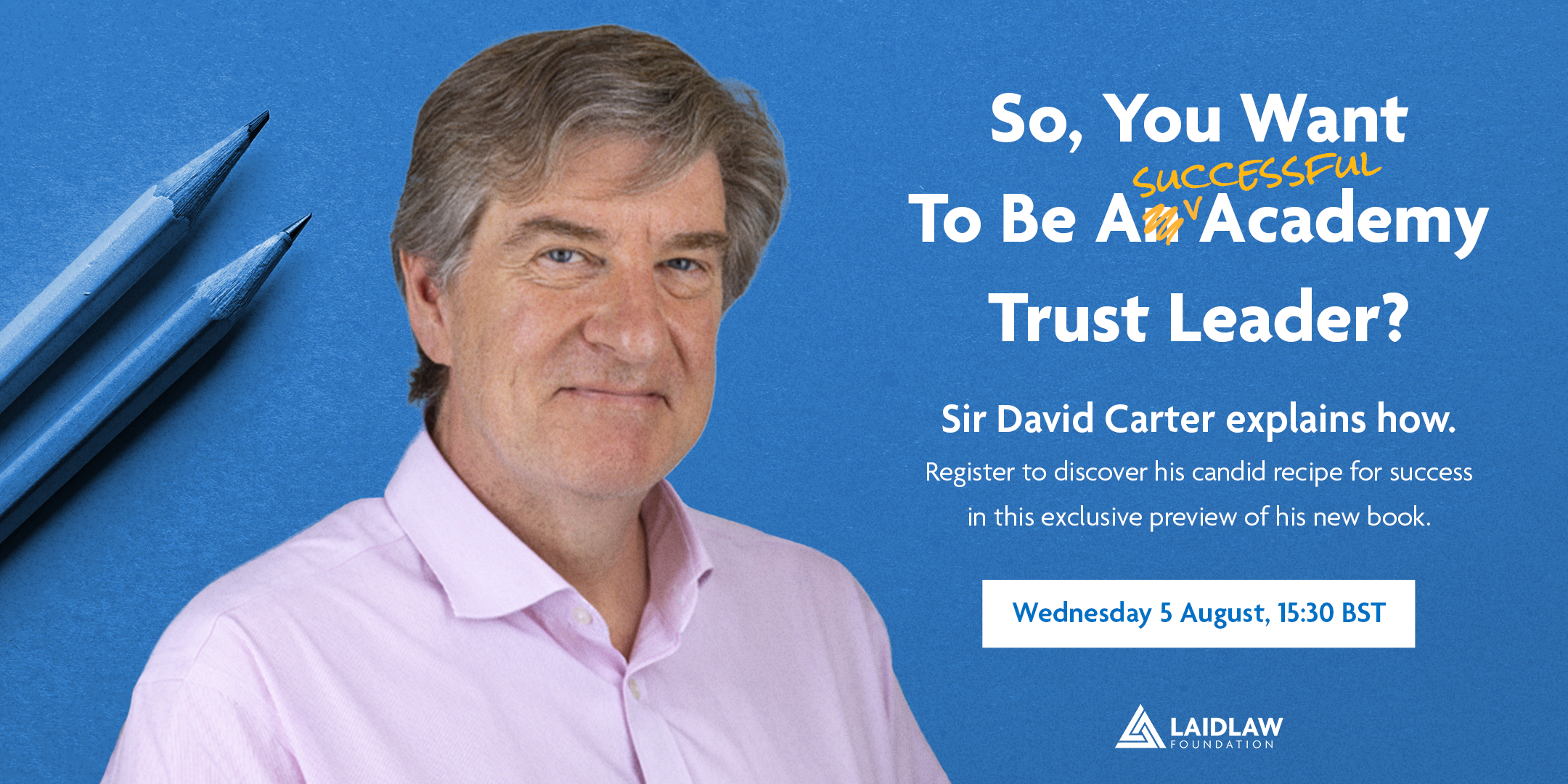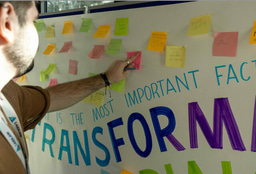So, You Want to Be a Successful Academy Trust Leader?
Pre-order Sir David Carter's book "Leading Academy Trust: Why Some Fail, But Most Don't"
Starting as a music teacher, Sir David Carter has spent thirty years in school leadership before becoming one of the first Regional Schools Commissioners and then serving as National School Commissioner between 2016 and 2018.
Currently, Sir David Carter is the Executive Director of System Leadership at Ambition Institute, and a Trustee of the Laidlaw Foundation, Centrepoint, Teaching Awards & Talent Foundry Trust.
Discover from David how to:
👉 Devise an effective leadership strategy and set your trust on the path to guaranteed success
👉 Build a sustainable culture of improvement and make sure you follow the five characteristics of a thriving trust
👉 Put the purpose of academy trust leadership, with all stakeholders, at the forefront of your mission
👉 Make large-scale collaboration work for teachers, pupils, parents and the whole community
Haven't connected with us on social media yet? Make sure to follow us on LinkedIn and Twitter, and subscribe to our YouTube channel.
Follow-up Questions for Sir David
What was it about the success of the school in the South-West [St Aldhelm's Academy] that was about it being an academy, rather than good leadership?
It already was an academy, so the structure had not made the difference. The impact was that of great leadership and governance. Clear expectations, a sense of realistic optimism, clarity about behaviour expectations for children & staff, and a relentless focus on improving the quality of teaching were the decisive factors in the first 6 months. Engaging parents without telling them the world was about to get suddenly better and listening to them, building the foundations of a better partnership with the community.
Given we are still in the middle of a global pandemic, have you any innovative ways that good practice can continue to be shared across Trusts if colleagues are unable to visit each other?
There are lots of great examples I have seen, but I would focus on these three:
- A day in the life of XX Trust - what are the trusts proud of, in terms of how they have accelerated improvement through collaboration. This needs to be shared through social media and blogs, so that the messages are circulated widely;
- Zoom contacts between people doing the same jobs in different trusts but where the conversation is chaired by a senior leader and minuted, so that the best ideas are captured. The key is you need at least 4 different MATs and, ideally, 6-10 staff doing something similar as leaders of SEND, CPD, Maths, etc.
- Invite colleagues from other trusts to virtually attend meetings and CPD sessions as observers or, if appropriate, contributors. The value of external critique is so important, so this is a quick win.
With cases of a number of academy trusts who have been investigated, how do we build the structures that ensure transparency / honesty / accountability in the education sector?
You make sure that those governing and leading understand and become the embodiment of the Nolan principles of public life. Reprint them in board papers, revisit them in training sessions, and reinforce the behaviours you want to see. Accountability starts from within the organisation and if you get this right then any poor practice should be addressed long before external agencies are involved. Whilst whistleblowing should never be the only way that people can raise concerns, a clear policy that staff understand builds in an additional level of reassurance that people doing bad things can be stopped.
David, some MATs, especially larger ones, end up simply re-creating local authority networks rather than seizing the opportunity to create more cost-effective and innovative governance structures. How can we change that?
It depends on what is meant by 'large'. In March 2020, less than 2% of trusts had 26 schools or more. I think the bigger issue is perhaps the geographical footprint that a trust covers where it has the challenge of scale in terms of distance to resolve. Without smaller hubs and local school networks, the trust almost becomes an LA by default in that its primary engagement with the schools is to administer and govern them. The success of those trusts that are in the 2% is that they have built capacity quickly, which is what size enables you to do, and got support to the schools from staff who are located in the areas of the country where the schools are clustered.
How does a CEO balance time in knowing the cultures in the organisations within the MAT, in order to develop culture, with spending time having space to think about the big things. Is it a case of changing emphasis as the role develops?
Each CEO will have their own response to this, but my preference was to spend at least 3 to 3.5 days per week in schools on learning investigations. This meant that I looked at teaching, curriculum, behaviour, the feel of the schools at social times and still had time to meet with staff who I might otherwise not have come into contact with. My reflection came from writing this experience up in a series of learning journals that I shared with the board, the local academy board and the school leadership teams. It really helped me to get inside the culture and to understand what was unique in the schools and what role the trust was playing in helping them to get better.

Previously in the Extraordinary Leaders series: Jacqueline Novogratz on how to enact a moral revolution.
Best-selling author and Acumen Founder & CEO, Jacqueline Novogratz, and Laidlaw Foundation CEO, Susanna V. Kempe, discuss how to become a moral leader in a world that desperately needs a new model of leadership. What is a moral imagination and how do you exercise it? How do you write your own personal manifesto? And how do we redefine success to enact a moral revolution, moving away from putting profit at the centre, to prioritizing humanity and the Earth instead?



![[CLOSED] Apply to Become an Advisory Board Member](https://images.zapnito.com/cdn-cgi/image/metadata=copyright,format=auto,quality=95,width=256,height=256,fit=scale-down/https://images.zapnito.com/users/290982/posters/b494a8a5-ced0-489b-9b26-6c4da797bedf_medium.jpeg)


Please sign in
If you are a registered user on Laidlaw Scholars Network, please sign in